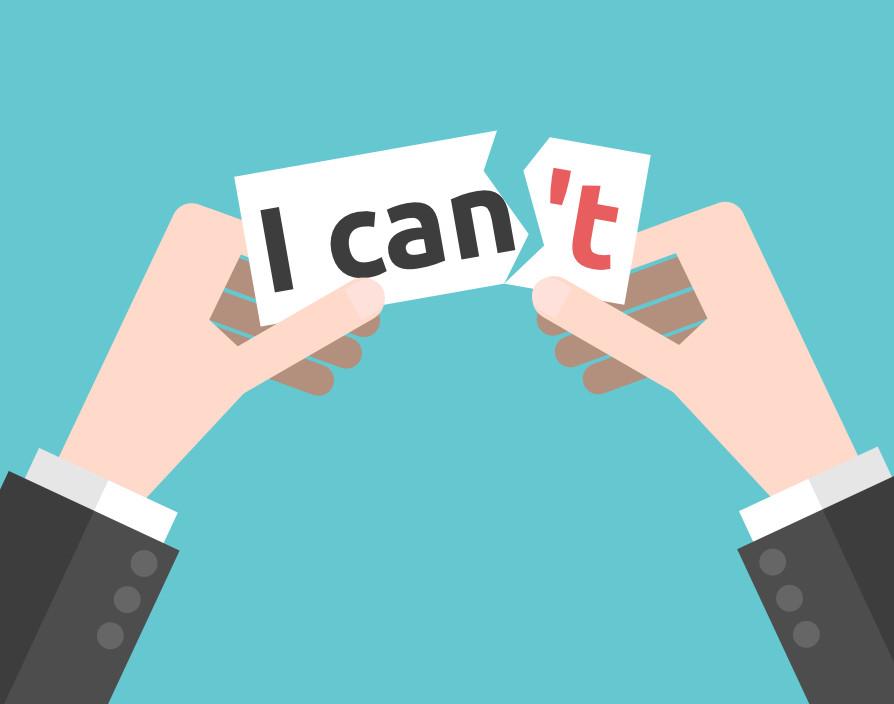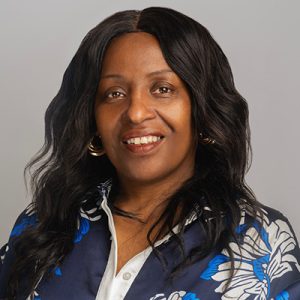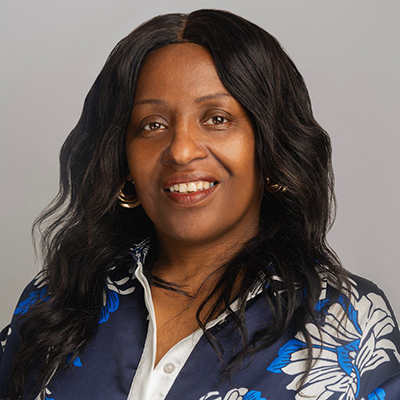How intrinsic is self-belief to success – whether that be ‘winning’ in business, achieving in sport or reaching a dietary goal?
Read any story from any inspiring figurehead and you’ll find the same underlying narrative: what energised the great and good to excel in the face of doubt, adversity and failure was an immutable belief in oneself.
Scientific research has also ratified anecdotal evidence about the power of self-belief. Experimental studies about the correlation between confidence and physical or cognitive achievement are now well documented.
Whilst many factors may influence successful outcomes – from serendipitous circumstances to just plain luck – it appears that what increases the chances of success is having self-belief. It is the secret sauce to achievement.
Self-belief unfortunately doesn’t grow on trees and those least likely to have it are those who typically derive from marginalised or socially disadvantaged backgrounds. Indeed, a 2020 study undertaken by the New Prince’s Trust found that 44 per cent of 16 to 25-year-olds say their aspirations for the future are now lower because of the pandemic. As the economic outlook darkens with the cost of living crisis, these sentiments are bound to have been reinforced, not lessened.
How will this affect the quantity and quality of tomorrow’s business and constitutional leaders?
Pathological narcissists aside, it’s naturally human for one to have self-doubt from time to time. Leaders – whether they reside in the highest offices in government to those who are captains of industry – will have all had their wobbles, albeit privately – although I do believe they’re missing a trick in hiding this. At a time where widespread cronyism and profiteering have seen trust and likeability in leaders diminish to an all-time low, a small display of vulnerability, a chink in one’s armour, shows an element of much-needed humility that makes the powerful more relatable to the everyman.
One thing that’s notable though is that it’s difficult to talk about self-belief without the concept of entitlement. Whilst these are different things, the two elements often go hand in hand. Leaders of the kinds we’re used to having at the helm of businesses and institutions are conditioned with a sense of entitlement by the very schools in which they attended. It’s practically a birth right.
In his book, Sad Little Men, which has been described as part memoir, part political polemic, author Richard Beard reveals the very educational system that has produced some of the country’s most influential people, including sixty-five per cent of our senior judges, almost half of the UK’s newspaper columnists and, more formidably, two out of the last three prime ministers. Beard commented:
“Segregated from the community, white public school boys grew up separately from 96 per cent of the population. At boarding schools, we embraced the idea of English exceptionalism … we were the chosen few, elevated above the masses to perform great tasks. Leadership was a form of ‘service’ … in our isolation we learned that we were special. Everyone else was less special and often stupid … we were sufficiently educated to appreciate that women and Black people and the lower classes and foreigners could each be stupidly inferior in different ways.”
I’ve previously written about how teachers can play an integral part in a young person’s developing sense of self; that because teachers are considered the ‘wise ones’ there is a natural propensity to take what they verbally dispense as gospel. Whilst the culture at the most elitist of schools instils its charges with a self-belief that they are the natural leaders of the world, the opposite can be said of ‘ordinary’ schools where Black youths – the most disadvantaged social group of all – are expected to underachieve (at best) or fail (at worst).
I can personally vouch for this. At age 15, my own form tutor advised that I lowered my sights on being a social worker to something that they believed was more within my ‘reach’. That was a job at the local factory. However, my parents had such belief in my ability that I was able to use this negative feedback to energise my efforts in reaching my potential. I believed that I was entitled to dream and work towards any career of my choice. After all, it’s not as if social work is your typical pie-in-the-sky dream that many young people have – like becoming a reality TV star, an actor or an astrophysicist.
But I’ve never forgotten this comment and, undoubtedly, it was one of the catalysing factors for me entering the field of recruitment and eventually running my own consultancies. I wanted to change the way in which the marginalised approached, applied and interviewed for jobs in an employment market beset by challenges.
I was struck by the natural assumption that I had neither the intelligence nor the potential to strive for such a career. My tutor, I think, never intended this as an insult … it was presented as fact – as undisputable as night follows day.
Yet for every marginalised or disadvantaged youth that has been consigned to underachieve before they’ve even begun to explore their potential, dare to imagine what society could’ve lost in terms of additional social workers, doctors, CEOs and other leaders because they lacked self-belief and nobody else believed in them either.
Self-belief is precious, but it’s not a given and it’s something that today’s leaders are failing to engender in the next generation of aspiring professionals who derive from humble backgrounds. Those who do succeed remain anomalies; an exception rather than the rule. And then they’re used as a poster child for diversity to prove that we no longer live in an unfair world: see? If they can do it, anyone can!
But, in business and institutions, this delusion hurts the success of diversity initiatives more than we appreciate, for even ‘diversity’ has become a misnomer; a smokescreen hiding a more unpalatable reality that many of the Black and brown faces smashing it in the finance sector, running multi-million dollar enterprises or shaping policies in government are, themselves, from the most exclusive of circles, holding more in common with high society than the majority of the country.
Self-belief and entitlement shouldn’t be a commoditised, exclusive birth right for those who can afford it. But the negative ecosystem preventing diversity in business and industry begins at the grassroots. I’ve dedicated a large part of my career to initiatives where we work with emerging Black talent so that they develop a confident and resilient mindset that empowers them to plan and pursue ambitious careers in what can often be an imposing and hostile process.
I also wanted to provide a platform for identifying and raising the profile of much more relatable role models across sectors and disciplines to help instil the concept, in the next generation of youths who have no self-belief, that success is possible. They can dare to dream that they’ll be a business owner one day; an innovator; a visionary or a FTSE 100 CEO. The key thing is that hope is not lost. The belief in possibility ignites where previously it was extinguished.
I remember the precise eureka moment for setting up the Black Talent Awards. I was sitting in a conference chaired by the Metro mayor and attended by private sector businesses in Birmingham, talking about inclusive leadership. Here, every single organisation that presented their “pledge” had shown improved success in meeting the majority of their inclusivity targets – from gender imbalances, and LGBTQ+ to disabilities – except for race. I felt very strongly that there needed to be a dedicated, concerted effort to change these dismal statistics.
Corporations are wisening up to the importance of diversity, and I’m grateful that the inaugural awards have achieved financial backing from the likes of Merlin Entertainments, Serco and EDF. Together, we’re ensuring that the very self-belief that has eluded so many disadvantaged aspiring young minds becomes more widely distributed. I maintain that self-belief will make a difference to diversity in business and to society at large, unlocking innovation, smashing homogeneity and shaping a fairer world for new kinds of leaders to finally come to the fore and make their mark, for the better.
Share via:









































